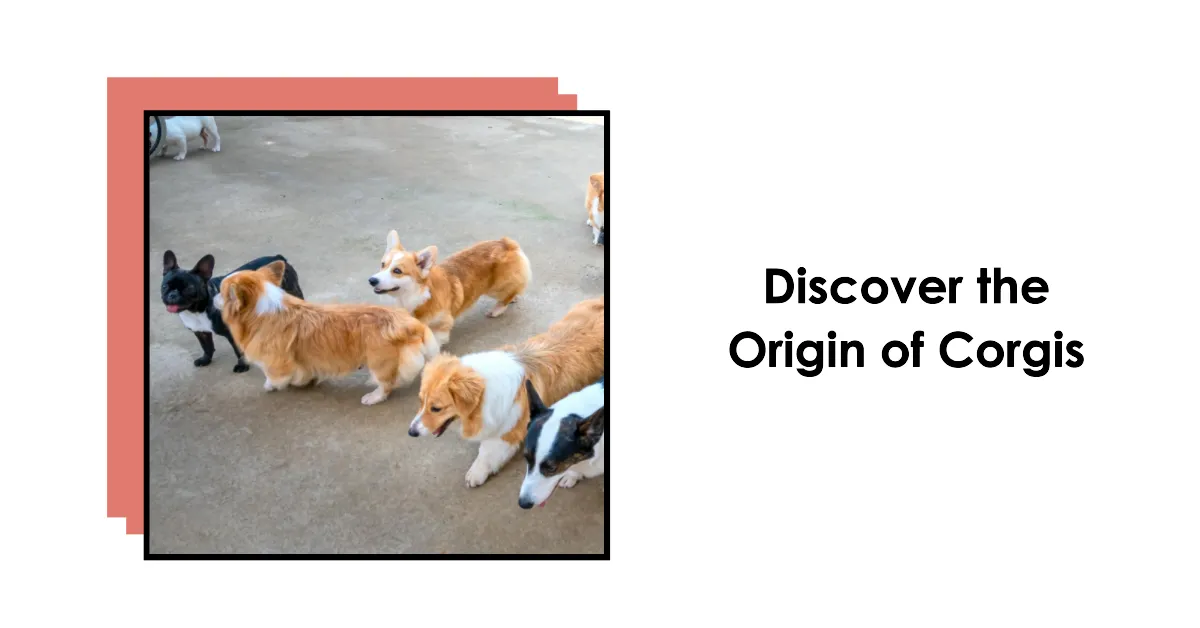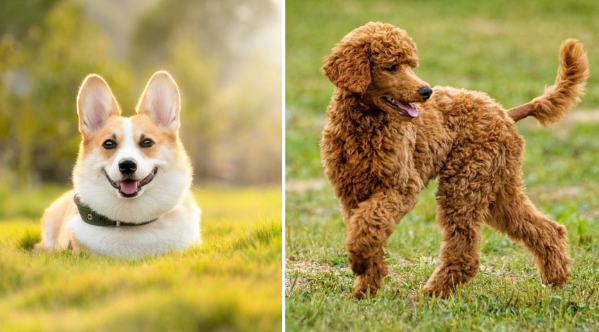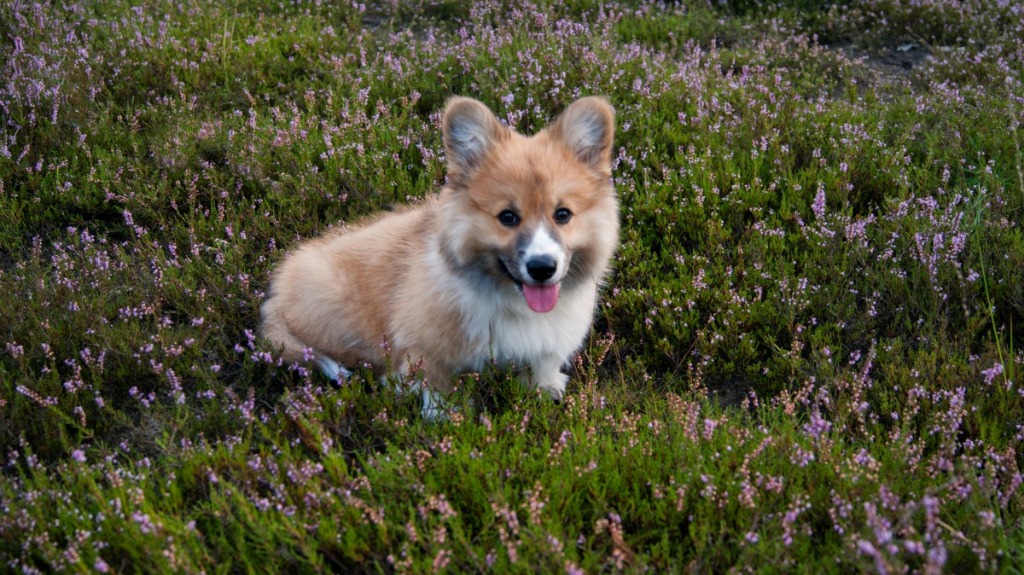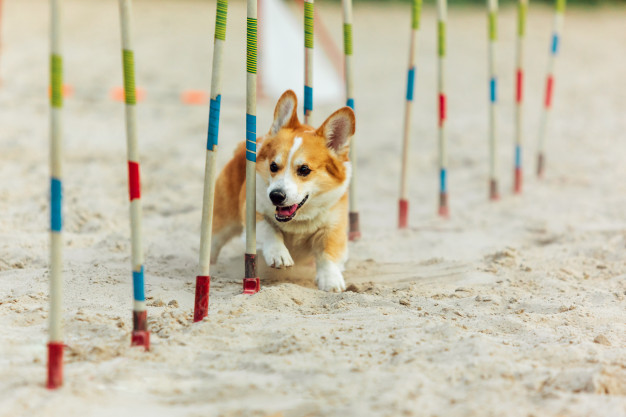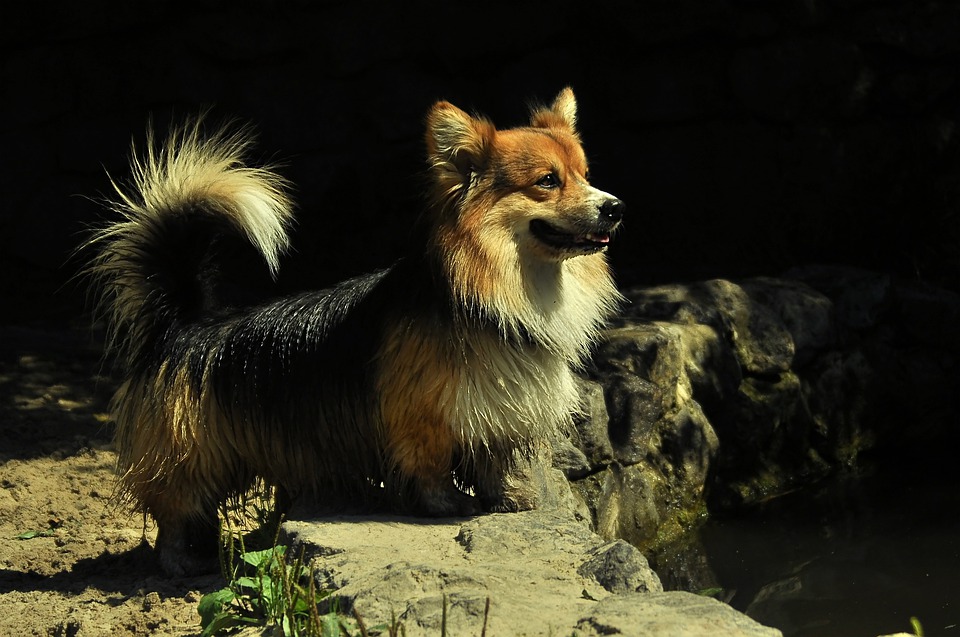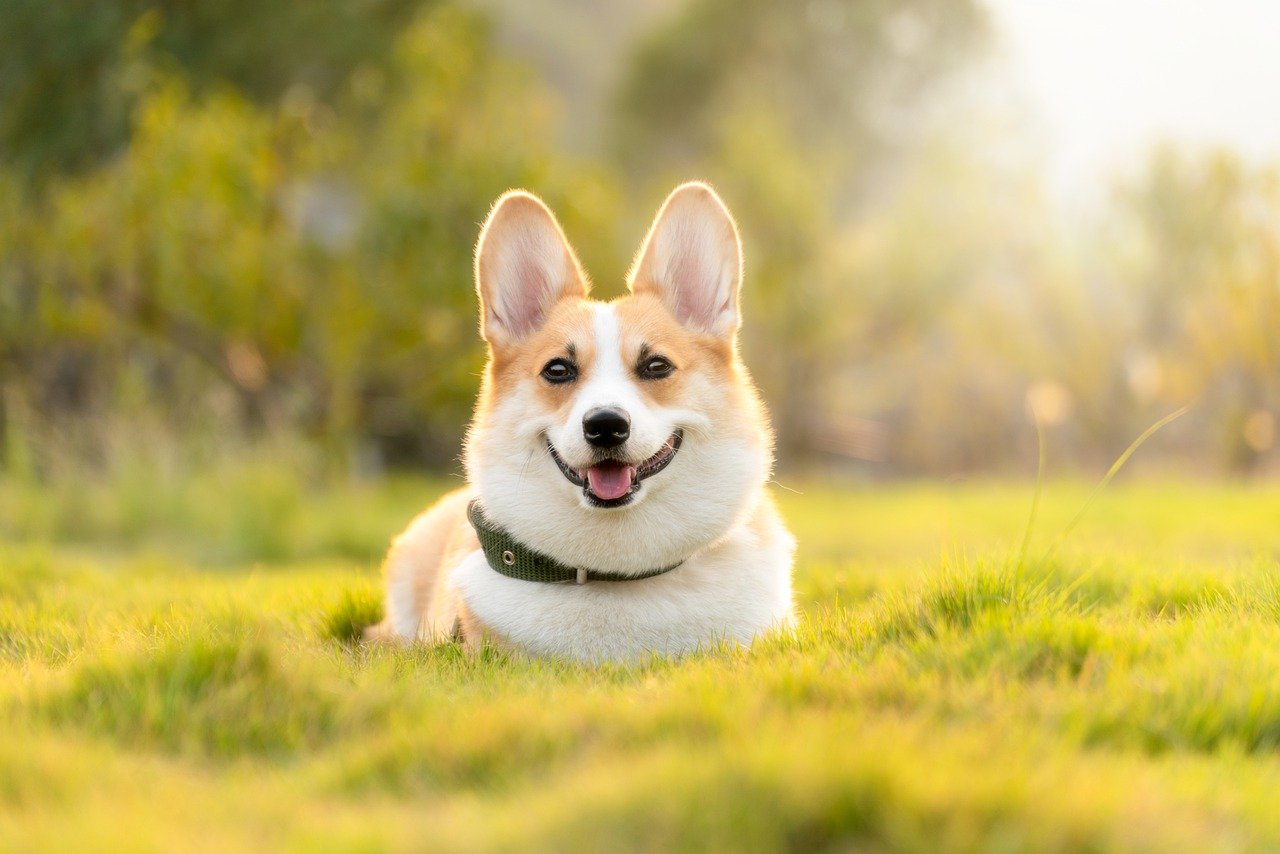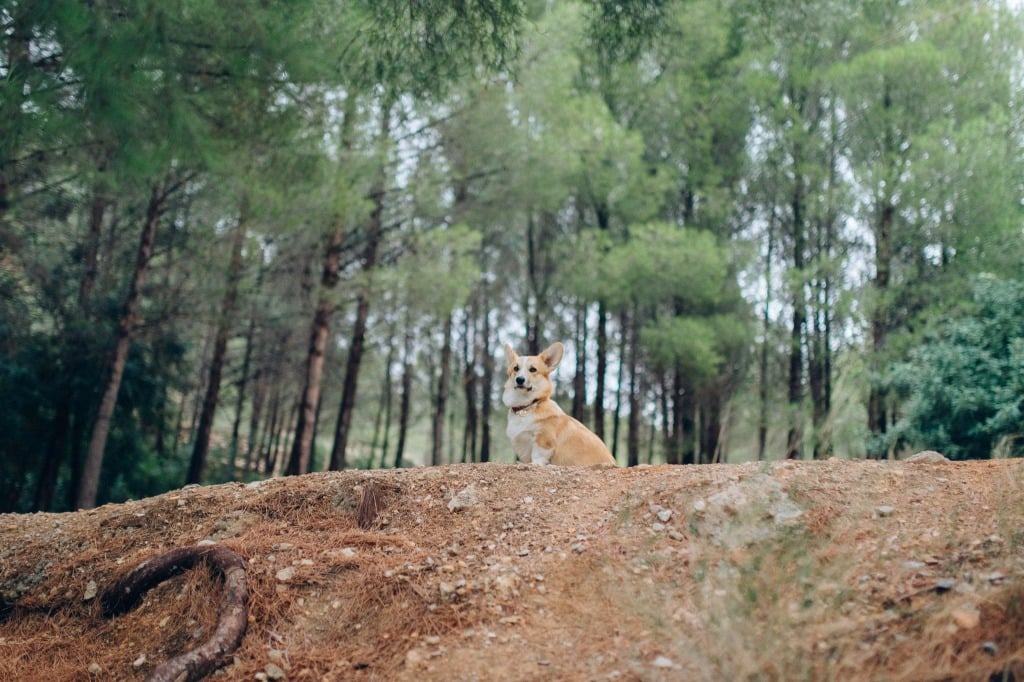7 Easy Methods to Discipline Your Corgi
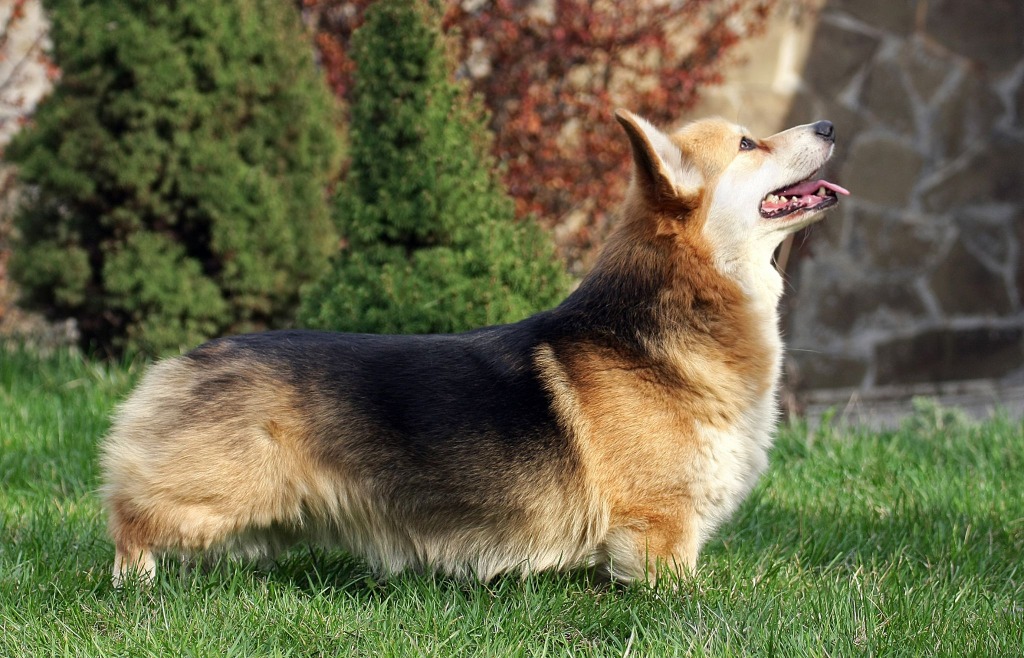
The Queen of England loves them and they have always been a favorite with the monarchy. After all, the Cardigan Welsh Corgi was named after the medieval kingdom of Cardiganshire. These dogs are excellent companions with high intelligence and an incredible aptitude for obedience and learning.
It is easy to get swept up in the “Corgi movement.” But before you do, consider that this is a naturally independent breed. You can even go so far as to say; it is an independent thinker. Some discipline issues are bound to arise, but nothing out of the ordinary. Corgis belong to the Spitz family of dogs that tend to have a stubborn streak. Other dogs in this family include Japanese breeds like the Akita Inu and Shiba Inu and Northern dogs like the Siberian Husky and Alaskan Malamute.
However, it is not all gloom!
The Corgi can be trained to obey, making them exceptionally agreeable pets and companions. Their high intelligence sets them apart as highly trainable and may even spoil you for other breeds. But, how do you tame that stubborn streak to leave you with an enthusiastic and eager to please friend?
Make a sound
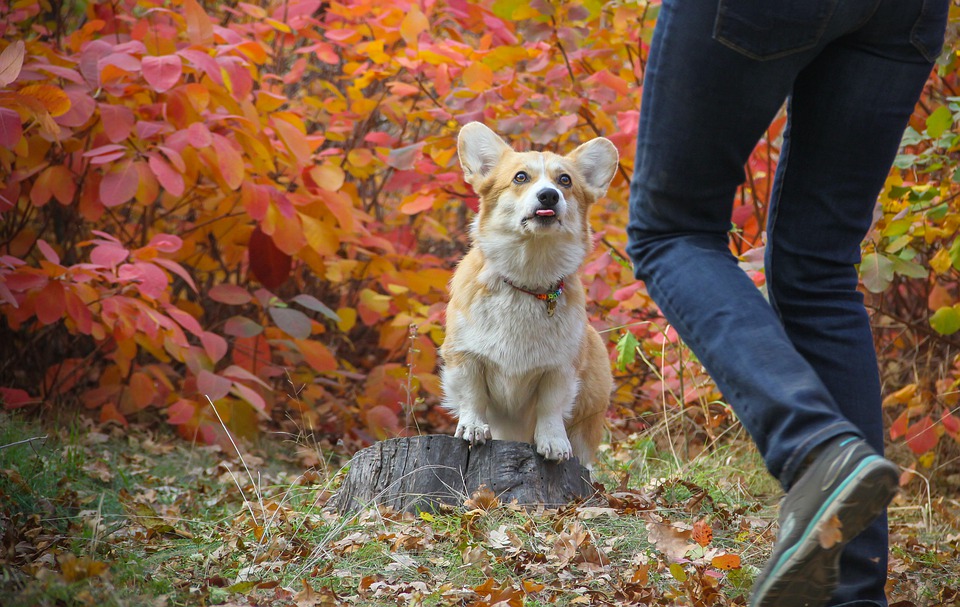
Corgis can discern a sound of distress from a sound of joy. They are herding dogs, after all, and they can tell when one of the cattle or flock is hurt or fearful. They apply the same discernment to your physical state.
So, when your Corgi nips at you, let out a yelp, and they will immediately stop. After the yelp, turn away from the dog and ignore it completely. Your body language shows that you do not like being nipped at. These are loving dogs that like your attention and affection. If you withhold these following their behavior, the dog quickly learns to stop.
But, be aware that some dogs, depending on how they were socialized, may become excited by your reaction. If this happens consider our second suggestion.
Give them a time out

Create a time-out area for the dog where you can send them when they do not understand the gravity of their actions. A time out has two advantages: it passively punishes the dog and also, calms the dog following the negative excitement.
Sometimes the dog may blatantly disobey you. Sending them to the timeout area will help you calmly think about what to do and also, communicates to the dog that you are not pleased. Every time the dog misbehaves, take it to the timeout area. Repeat this consistently, and it will soon associate the timeout area with poor behavior. Soon enough, it will understand the consequences of its actions
Be aloof
As mentioned earlier, Corgis are attentive and loving pets. So they do not respond well to you if you are being cold and aloof to them. Corgis are also a talkative breed. They bark to let you know how their day was, ask you how yours was, tell you about the neighbor or the stray cat up the tree. They love to have a good chat. But sometimes, they can become whiny when they are not the center of attention (which they love to be).
If they go down this path, a little silent treatment and cold, aloof disposition help them come to their senses. Turn away, chin in the air, and walk away. Even when they bark at you for a response, do not budge. Stay like this until the dog walks away. If they don’t, leave the room.
Stay calm
The calmer you are, the more disciplined your Corgi will be. They follow your cue and feed off your energy. If you are jumping around and flailing your arms while shouting, your dog is more likely to bark more incessantly. Remain calm when talking to the dog and issue commands without shouting. Upbeat humans excite dogs.
Exercise the dog
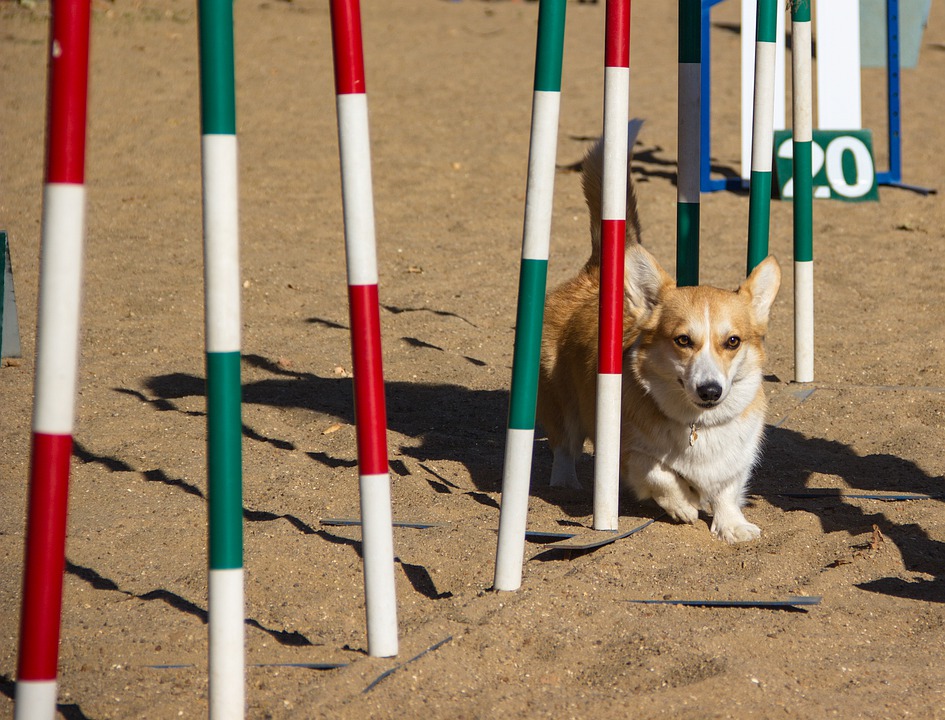
Since they love herding so much, take your Corgi out for physical activity that allows them to match the energy of herding. Going jogging with the dog allows it to herd you. Or they could go play in the park. If you can afford it, consider enrolling them in a local agility training course. That will provide them with an outlet for their pent-up energy and reduce the chances of indiscipline in the dog.
Obedience training classes
There are plenty of dog obedience classes run locally by dog trainers. They are an excellent way to instill discipline in your dog using the efforts of a professional dog trainer. The trainer knows how to deal with a strong-willed dog without breaking their spirit.
Begin young
It is always recommended to begin training and socializing your dog from puppyhood. That will prevent aggressive and unwanted behavior as they grow older and interact with other people and pets. Early socialization and training can begin when the pup is as young as seven to eight weeks old.
Signs of an Undisciplined Corgi
- Chewing on clothes, shoes, furniture
- Poor potty habits despite being potty-trained
- Growling, snarling, baring teeth, and other aggressive behavior
- Jumping on furniture and racing around the house
- Nipping at your heels, feet, and ankles
Nipping and biting at the heels and feet is especially problematic with this breed because it is instinctive. It is a habit that is deeply ingrained in their DNA to help them with their herding instincts. They typically nip at the ankles and heels of the cattle to get them to move in the right direction.
Conclusion
Most people find that their corgis are generally easy to train, and they obey commands easily. But dog nature sometimes takes over, and they get up to mischief. Depending on the level of transgression, the above will work effectively in turning their behavior around.
Remember, corgis love affection. So, when they change and behave appropriately, feel free to reward their behavior with heaps of praise and yummy treats. A kind word will go a long way in keeping your Corgi feeling appreciated and loved. And the more they feel your love, the less likely they are to want to hurt you.

